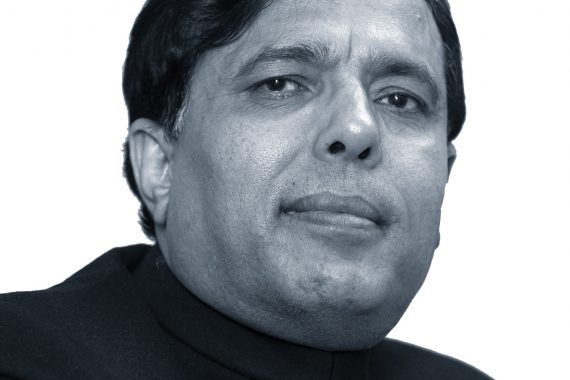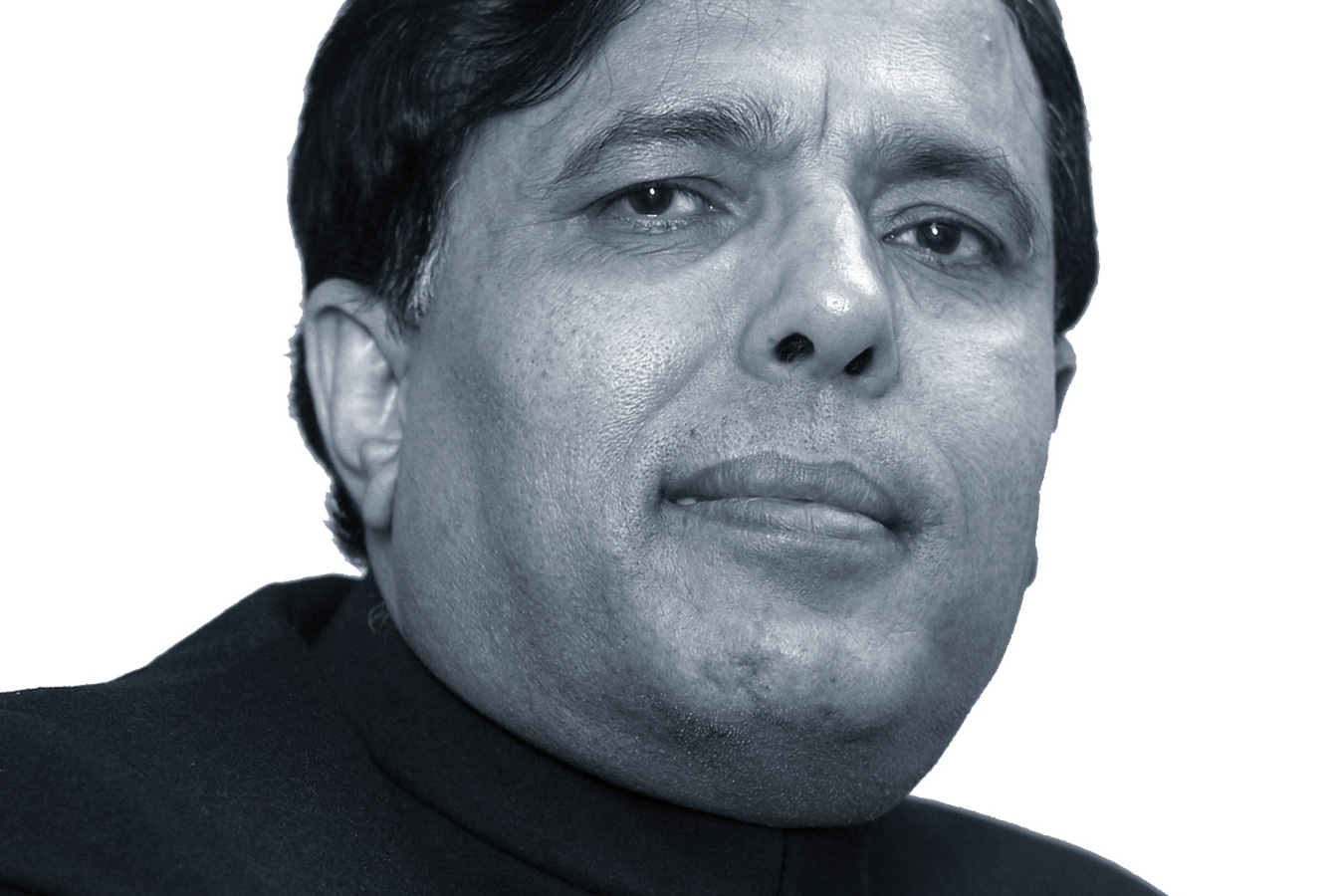The BMA must reconnect with grassroots members


The BMA meets in Brighton this week for its annual representatives meeting (ARM), amid growing concern about representation of its grassroots members.
For over 175 years, the BMA has represented doctors and promoted good healthcare for all. It was founded in 1832 by Sir Charles Hastings, a doctor in Worcester, as the Provincial and Medical Surgical Association. Hastings wanted a ‘friendly and scientific’ forum where doctors could advance and exchange medical knowledge. In 1855, that organisation became the BMA, and its weekly medical publication became the British Medical Journal. An early leading role for the BMA was in the Medical Act of 1858, which created the General Medical Council and the Medical Register.
In 1974, the BMA was recognised for the first time as a trade union and campaigned vigorously for improvements in junior doctors’ pay and conditions.
As a recognised trade union for doctors in the UK, no one better understands the day-to-day challenges facing the healthcare system and the working lives and demands doctors face. Over half of practising UK doctors are members; individual members receive employment advice and protection in the workplace, while the BMA also ensure the collective interests of all doctors are defended and promoted.
A significant section of the membership of the BMA is either disengaged or feels disenchanted
Although the BMA agreed in principle with the establishment of the NHS, it objected to the administration methods and the lack of consultation and negotiation with doctors regarding the scheme and the effects that the NHS would have on doctors’ lives. Since the inception of the NHS, the BMA has been formally recognised for collective bargaining purposes within national negotiating machinery and by individual employers at local level. This means the BMA is not just the voice of the profession but has responsibility for negotiating pay and other conditions of service at both a national and local level.
The stated mission of the BMA is: ‘We look after doctors so they can look after you.’
In the past decade, grassroots doctors have been angry about staff shortages, underfunding, service cuts, privatisation of the health service, unresourced plans for a seven day NHS and a host of other issues, including the implications of Brexit on the NHS. General practice is under incredible strain with many GP practices struggling to cope with rising patient demand in a climate of stagnating budgets and staff shortages. The Government is on a warpath with profession. It has vilified our junior doctors, just as it has vilified GPs, senior hospital doctors and every hard-pressed member of the NHS staff.
I have been part of the BMA for the past quarter of a century. The perception that the BMA is serving its members poorly is increasing. The handling of junior doctors’ dispute, opposition to Lansley’s reforms and the bullying of the profession by health secretary Jeremy Hunt have added to the frustration of doctors. The crisis in general practice is at a breaking point.
The BMA has not done enough to combat institutional racism and it represents doctors from ethnic minorities poorly. There is growing frustration with the lack of wholehearted support for whistleblowing, and effective representation for doctors who face disciplinary issues.
A significant section of the membership of the BMA is either disengaged or feels disenchanted with the direction of travel. Members want deeds, not just words. A barometer for this is in the recent BMA election; the turnout at council elections has been steadily dropping for the past 20 years, and in electing the largest ever Council with such a low turnout this gives critics more ammunition about the lack of democratic representation across the membership. The electoral apathy is of great concern and seems to reflect the disconnection that many doctors feel with their own trade union.
However, this ARM with a new expanded council and new reforming chair has the golden opportunity to bring back the glory days of the BMA, to unite the profession and reconnect it with its disillusioned membership. The trade union credentials of the BMA need to be re-established. There’s much in the phrase ‘united we bargain, divided we beg’.
Dr Kailash Chand is a retired GP in Tameside
Pulse July survey
Take our July 2025 survey to potentially win £1.000 worth of tokens












